On a sunny afternoon in April, renowned alt-folk singer/songwriter Ani DiFranco is sitting at a table in the front window of Westville, a popular restaurant in the Hell’s Kitchen neighborhood of New York City, eating a cup of chicken noodle soup. This sparse meal is necessary because, in just a couple hours, she was set to be onstage in the hit Broadway show Hadestown, in which she starred as Persephone.
Videos by American Songwriter
“Dancing and singing at the same time, but not sounding out of breath—if there’s any food in my belly, it just makes it super hard,” she says. “But it’s been really cool to be having this experience and showing up in a very different way onstage.”
As grateful as DiFranco is for this opportunity, her six-month run in Hadestown didn’t leave her much time to do anything else. She admits that she only recently picked up her guitar again for the first time this year. “I’m completely submerged in the show, and it just leaves little-to-nothing left energy-wise,” she says.
It’s fortunate, then, that she created a new album, Unprecedented Sh!t, just prior to coming to Broadway. It’s her 23rd studio album, and, as with her 22 previous records, it will be released via her own label, Righteous Babe Records.
“The writing of these songs has been going on for years,” she says of the tracks on Unprecedented Sh!t. “Then this album took a long time to pull together. I decided for once in my life not to start with a self-imposed deadline but to just let it unfold.”
The meaning behind the title Unprecedented Sh!t is twofold; it’s a nod to the many unsettling and, indeed, unprecedented socio-political events happening around the world. But it’s also referencing a stylistic departure in certain ways from her other records.
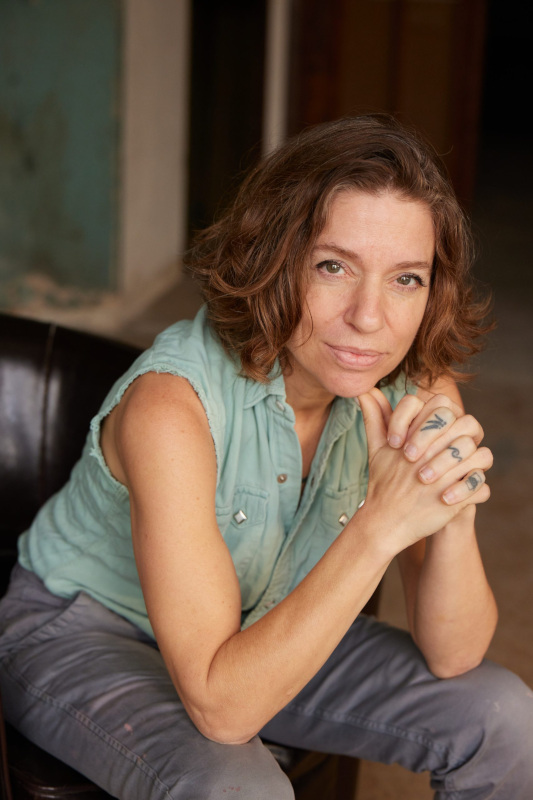
“My hope with this record was to use machines more than I have in the past,” she says. “I’ve been my own recordist, mixer, and producer along the way, but I don’t know machines. Technology changes so fast, and there’s this whole new world of possibilities that’s been growing for a long time. Musicians playing instruments into microphones is one ingredient in modern record-making, [but] people use a lot of different things to make records other than traditional instruments.”
Not knowing how to use this type of technology and equipment herself, DiFranco brought in record producer and recording engineer BJ Burton, who made his name working extensively with Bon Iver, among others.
She recorded most of the album’s songs by herself at her New Orleans home and then sent those recordings to Burton, who divides his time between Minneapolis and Los Angeles. He manipulated the recordings in various ways and sent them back to her. Similar exchanges went on for about a year before the two finally spent a few hours working in the same room together—but only at the very end of the process.
“I feel like he brought exactly what I’d hoped for,” she says of Burton’s influence on the material. “In some of the songs, you can really hear his production ‘voice.’” On the other hand, she says, “A lot of the songs on the record are just still really simple voice and guitar, not a lot of production at all. So it’s a study in contrasts, I think.”
This isn’t the first time DiFranco has been adventurous with her creative process. She has experimented with various musical styles over the years and says she doesn’t deliberately try to introduce any cohesive through-lines into her work. “I guess I haven’t spent too much time worrying about it,” she says. “I think it gets dicey when you start trying to do things instead of just doing them.
“Worrying about how it looks and how it will be judged from the outside doesn’t feel like a good center point for me,” she continues. “That all feels really stifling, really claustrophobic, to worry about how your art will be judged and defined and described before you even start making it.”
Instead, she says her songwriting process is about “just tuning into the voice inside of me, and following my gut instinct about what I’m doing next, or what I’m inspired to write about. What sounds good when I’m messing around with the guitar and coming up with things that feel right? My process is trying to open myself up to my own intuition and my own instinct and tune out all of the exterior voices that muddle that or affect it, or intimidate it.
“I just write songs about whatever I’m feeling or thinking about. Later on in the process, you can start to see the themes that unite the songs. Then, maybe in that phase, I start to think in terms of an album—look at what it is that I’m making as a whole and what might be missing. But I don’t start out with the goal of an album. I’m more writing in the moment.”
Unprecedented Sh!t finds DiFranco examining everything from religion to civil rights to war. This is in line with the rest of her catalog; her sharp observations throughout the past three decades about various socio-political issues have earned DiFranco a reputation for being a formidable activist and advocate. Still, she says, “I don’t really think of the world in terms of causes. I’m not showing up for causes; I’m showing up for people who maybe I can help or who have less in this life than I do, and maybe I can share.”
She inherited this tendency from her parents, who both actively worked for social change within their hometown of Buffalo, New York. She watched them help promote progressive political candidates and do community-centered work, such as helping to create a local food co-op. They would often bring her along to these activities, so she knew at an early age that she wanted to emulate this type of hands-on activism.
Other parts of DiFranco’s childhood were more difficult. “There was a lot of turmoil in my life when I was a kid, so I had a need to find relief, psychologically and emotionally—and I found it in dancing and drawing and poetry, and then songwriting just became one of the things,” she says.
As her interest in artistic pursuits blossomed, DiFranco was lucky to find a good mentor. “I had this friend in Buffalo, Michael, who was 30 years my senior that I met at the guitar shop where I got my first guitar,” she says. “He was a songwriter. He showed me the ropes. We hung around and we talked a lot. He also would promote folk shows in Buffalo. He had what he called the ‘Greenwich Village Song Project’ series. He would bring songwriters from New York City down to do shows in Buffalo in little coffeehouses and bars, and I would go to them as a kid.”

It didn’t take her long to decide that watching others perform wasn’t enough; she wanted to be one of those artists on the stage. So, at 14 years old, she implemented a regimen of prolific songwriting—and hasn’t stopped since. “I’ve written hundreds of songs in my life; it’s just like breathing for me,” she says.
Five years later, she founded her own record label, Righteous Babe Records, so that she could self-release her work. At the time, this was a highly unusual move for a musician—and especially for a teenage woman—but she was absolutely certain that it was the correct path to take.
“There was just a lot about the music industry that rubbed me the wrong way,” she says of her decision to create the label. “I think I was working with some very basic forces of attraction and repulsion, and I felt myself not attracted to those companies that expressed interest in my music and offered me [record] deals of various kinds when I was young. I just could not picture myself going down that road and having there be this ongoing tension between their priorities and my priorities.”
Her instincts proved correct; every one of her 23 self-released studio albums, starting with her self-titled debut album in 1990, have earned widespread critical acclaim. Other artists have released well-received work via Righteous Babe as well, including Andrew Bird and Utah Phillips.
Singer/songwriter Anaïs Mitchell is also a Righteous Babe alumnus. The label released her fourth studio album, Hadestown, in 2010. It’s based on the ancient Greek mythology surrounding Orpheus and Eurydice. DiFranco is a guest vocalist on that album, which she recalls being immediately impressed by. She’s not surprised it went on to even greater success as the Broadway show adaptation in which she now guest stars.
“The genius of the songwriting was audible on that first cassette tape that Anaïs shared with me, so I wanted to support it,” she says. “That was maybe only half the material back then that is in the show now, but it was undeniable from the get-go. I’m so glad that it came as far as it did, and I’m pretty psyched to be back in the mix now.”
DiFranco is fascinated by how differently Broadway musicals function compared to her own free-flowing style. “It is very intricate and specific, and they are very exacting,” she says. “Not only that, but it’s the same every time. It’s so different from how I’ve been showing up in performance up till now. It’s like the antithesis in so many ways.”
It’s especially interesting for DiFranco to be involved with this production since she’s currently working on writing a musical theater piece of her own. Her Hadestown role has proved extremely educational. “I am in musical theater school, in that sense,” she says.
In another sense, though, this Broadway run is just the latest example of DiFranco following her instincts and working hard to do what she feels is right for her career. “I’m glad that I signed up for a legit six-month stint because it’s so challenging, and [by] July, I will have done it long enough that I really did it: I didn’t just dabble,” she says.
This seems to sum up DiFranco’s entire ethos, which isn’t lost on her. “That will be my tombstone [inscription],” she adds with a smile: ‘Did Not Dabble.’”
Main photo by Asbury Lanes


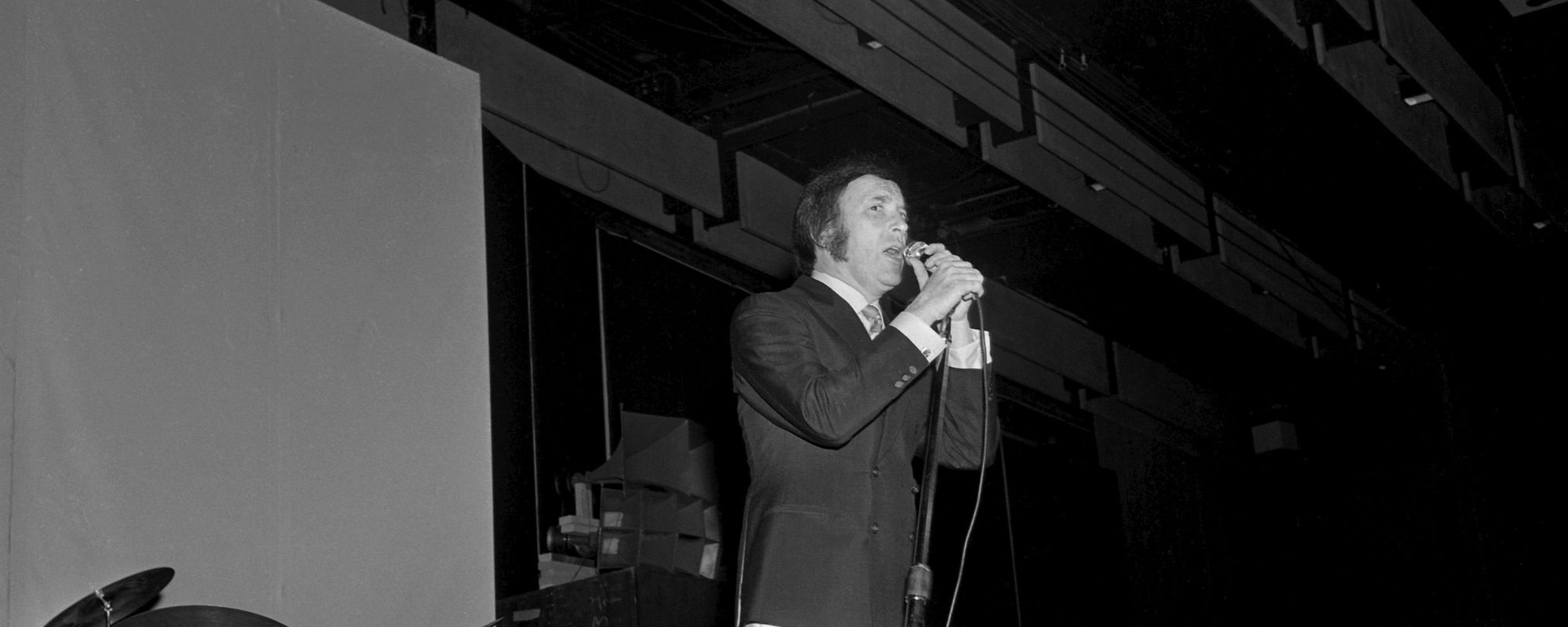
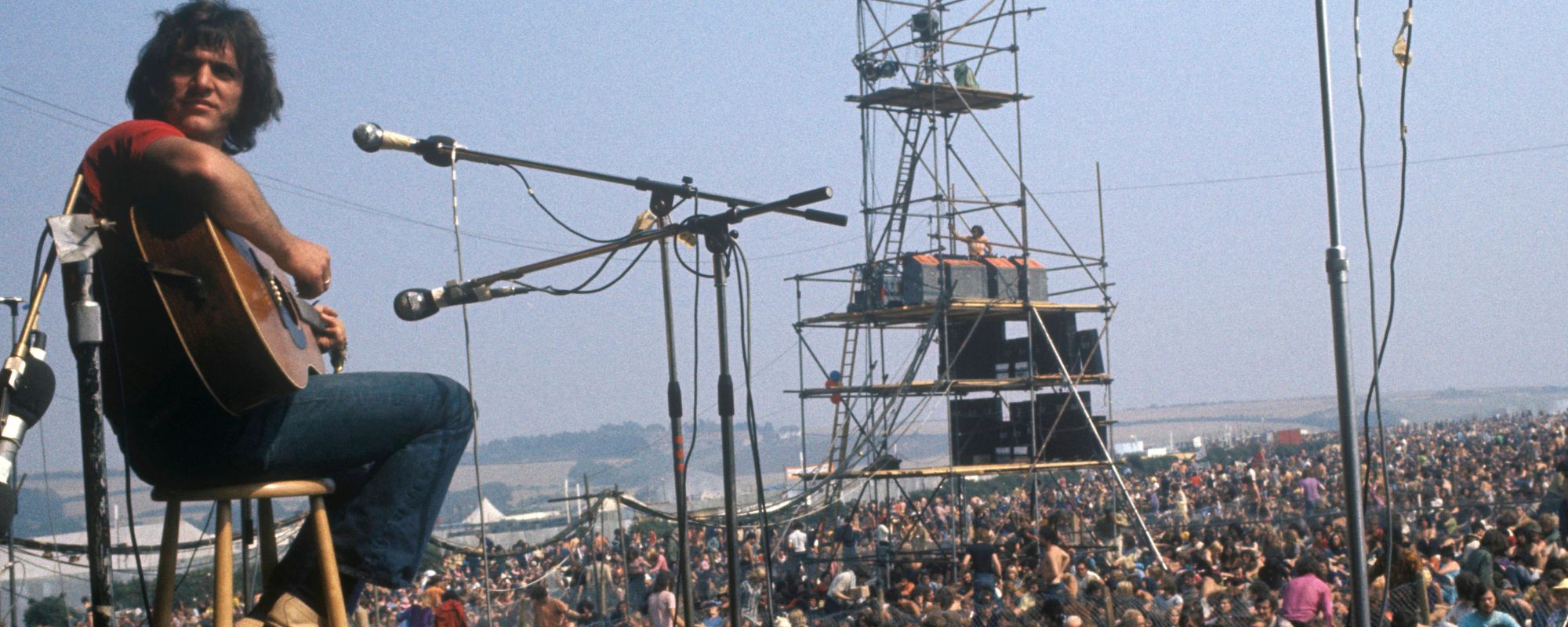
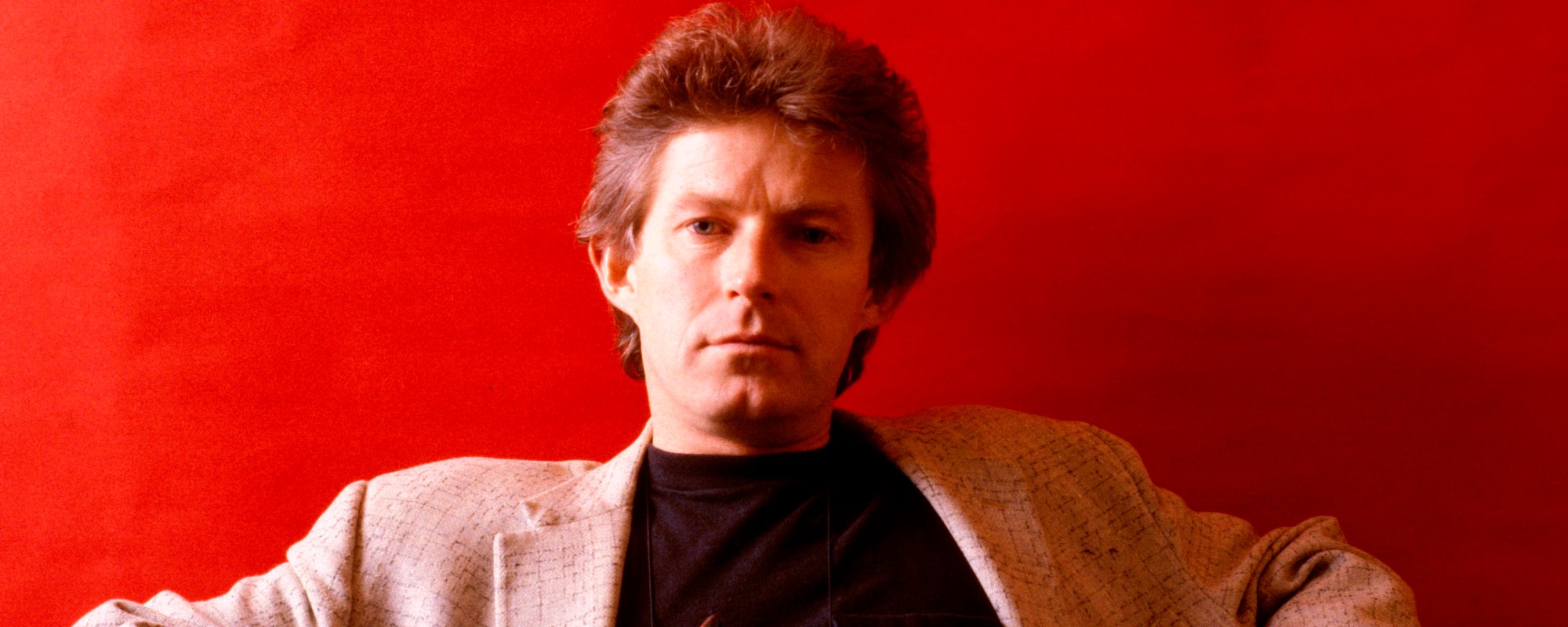

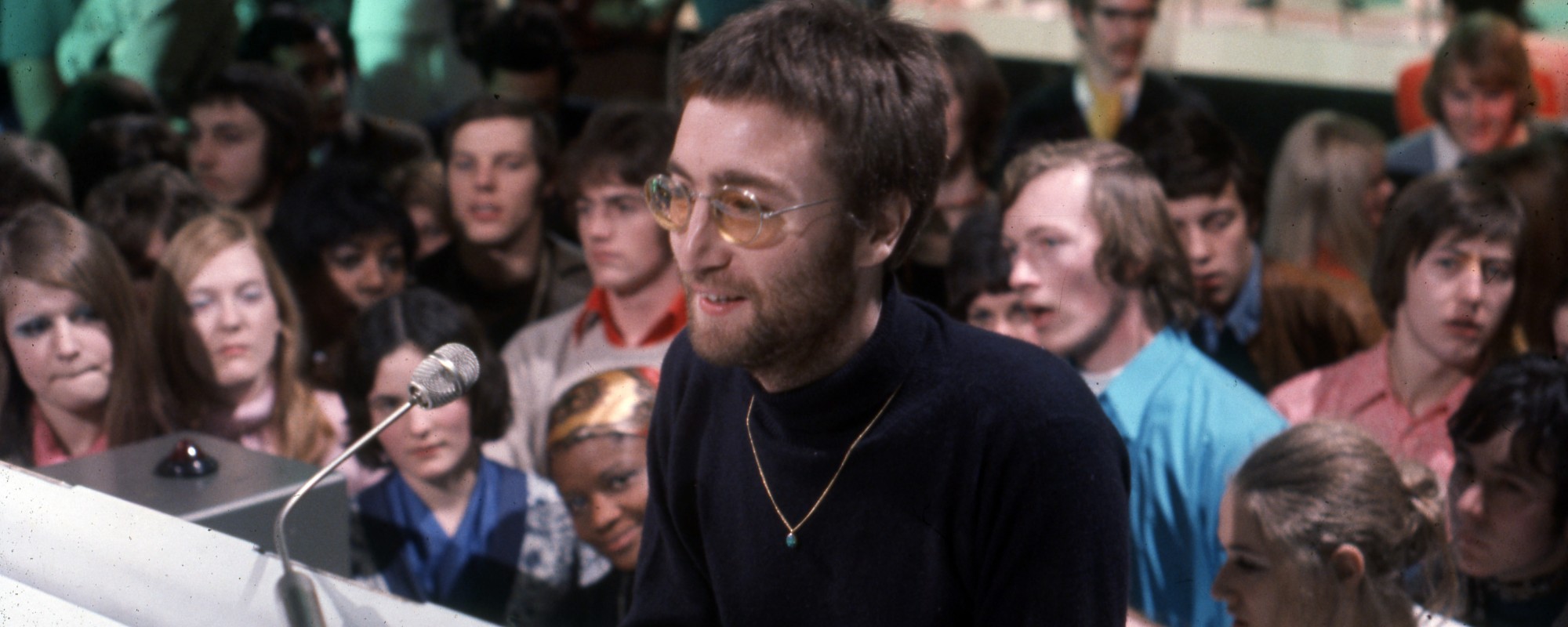
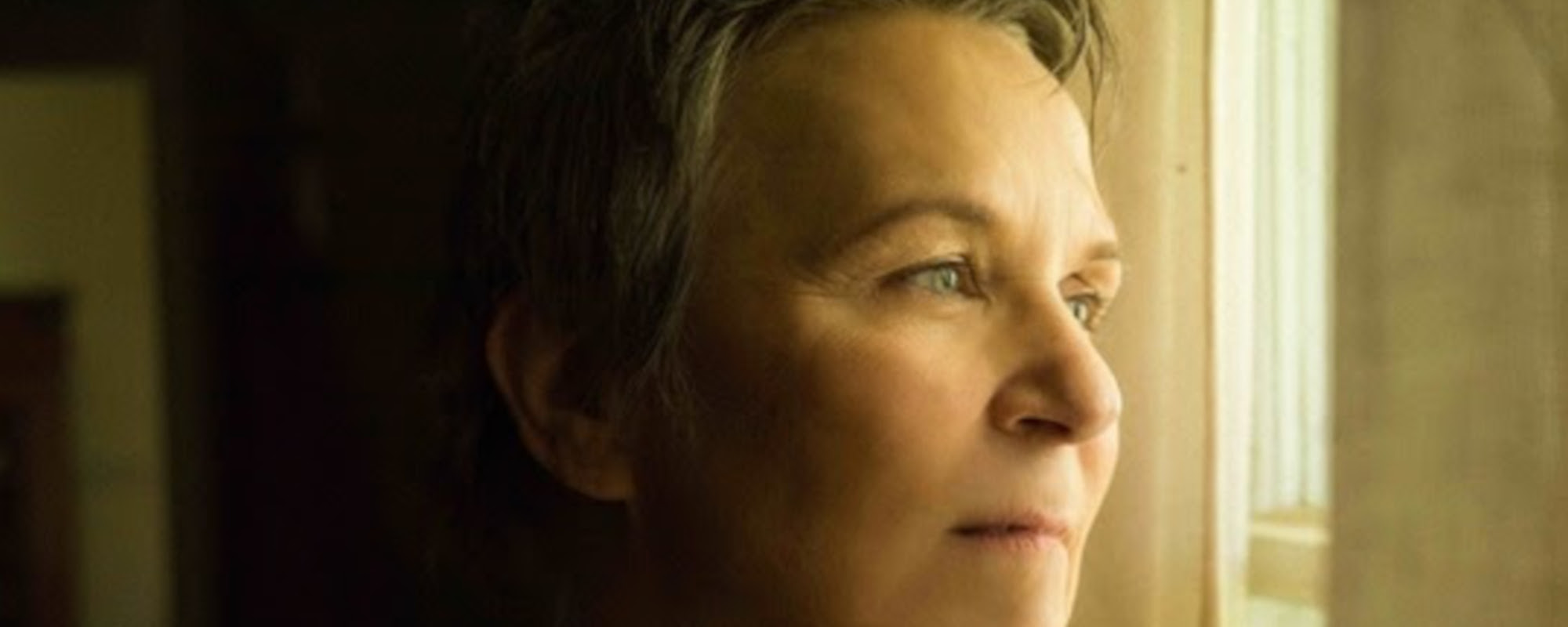
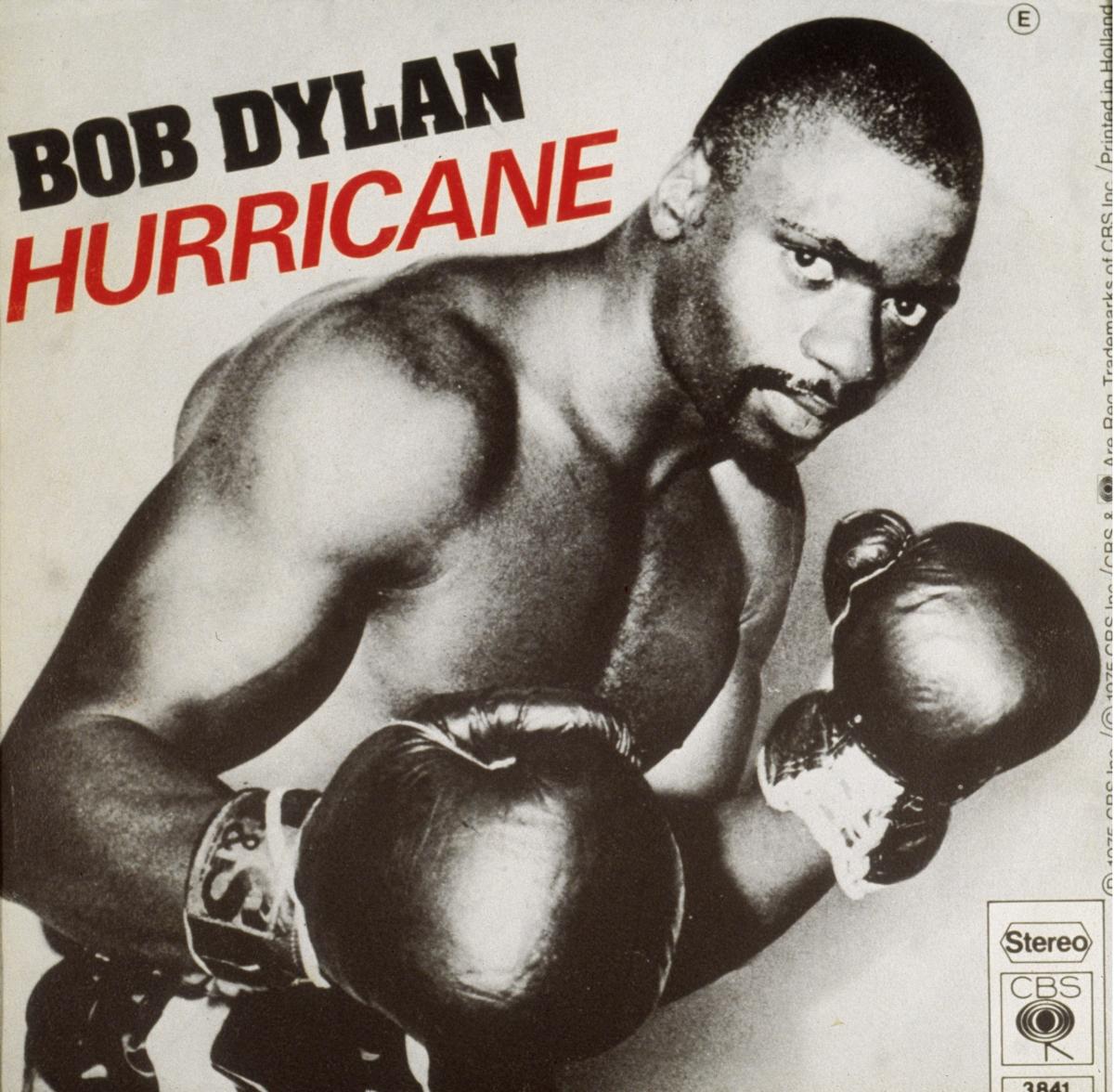
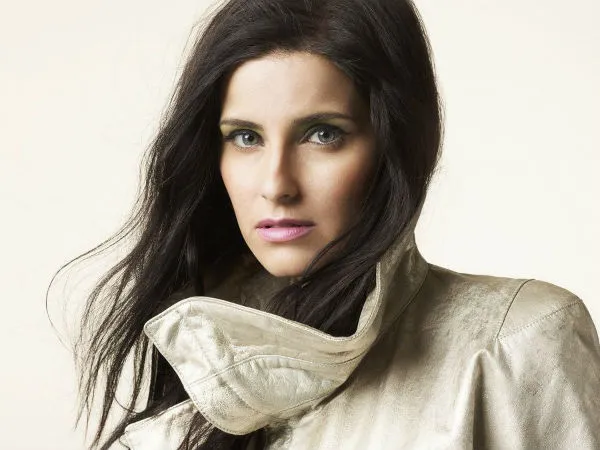
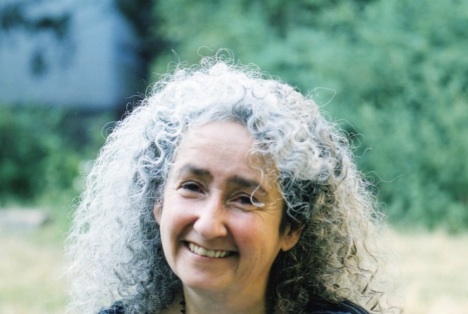

Leave a Reply
Only members can comment. Become a member. Already a member? Log in.